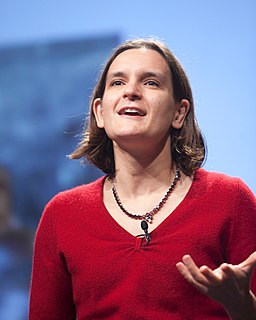A Quote by Henry Giroux
Public schools are not simply being corporatized, they are also subjected increasingly to a militarizing logic that disciplines the bodies of young people, especially low income and poor minorities, and shapes their desires and identities in the service of military values and social relations.
Related Quotes
Under the notion that unregulated market-driven values and relations should shape every domain of human life, the business model of governance has eviscerated any viable notion of social responsibility while furthering the criminalization of social problems and cutbacks in basic social services, especially for the poor, young people and the elderly.
Apparently almost anyone can do a better job of educating children than our so-called 'educators' in the public schools. Children who are home-schooled by their parents also score higher on tests than children educated in the public schools. ... Successful education shows what is possible, whether in charter schools, private schools, military schools or home-schooling. The challenge is to provide more escape hatches from failing public schools, not only to help those students who escape, but also to force these institutions to get their act together before losing more students and jobs.
Life is now a war zone, and as such, the number of people considered disposable has grown exponentially, and this includes low income whites, poor minorities, immigrants, the unemployed, the homeless, and a range of people who are viewed as a liability to capital and its endless predatory quest for power and profits.
If the resources of different nations are treated as exclusive properties of these nations as wholes, if international economic relations, instead of being relations between individuals, become increasingly relations between whole nations organized as trading bodies, they inevitably become the source of friction and envy between whole nations.
Nothing disciplines the inordinate desires of the flesh like service, and nothing transforms the desires of the flesh like serving in hiddenness. The flesh whines against service but screams against hidden service. It strains and pulls for honour and recognition. It will devise subtle, religiously acceptable means to call attention to the service rendered. If we stoutly refuse to give in to this lust of the flesh, we crucify it. Every time we crucify the flesh, we crucify our pride and arrogance.





























